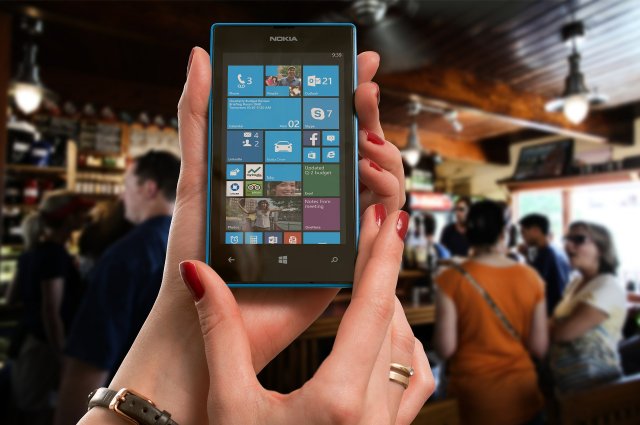When it comes to mobile applications and mobile websites, what really is the difference? They sound enough alike, right? Their purposes are the essentially the same, right? Well, not exactly.
Sure, both mobile apps and websites can be used on the same devices. Especially as technology continues to move to mobile, devices like smartphones, tablets and iPads should be responsive for both apps and websites. But that doesn’t mean that they’re the same. In fact, there are a few distinct differences between mobile apps and mobile websites that both serve completely different, but useful purposes.
So, what is the difference? And more importantly, how do you know which will benefit your business?

Mobile Apps
Mobile apps are downloadable programs that can be installed into a user’s device, whether that be an iPad, tablet or smartphone. Apps are typically designed for user frequency and convenience as it is much faster and easier to access information through an app than it is to search through a browser.
Yes, it is true that some apps may download information that is directly from the Internet, in similar fashion to the mobile website, but mobile apps allow users to access the information they’re looking for without internet connection.
If you’re thinking about creating a mobile app, keep in mind your target audience. Since apps are typically ideal for repeated use, it’s important to consider what information is necessary enough that your audience will frequently need to be checking it. If your app channels a user’s specific needs, your chances of increasing consumer loyalty increase.
Mobile Websites
Mobile websites, unlike apps, are not downloadable. They are simply accessible and adaptable in tablet and smartphone formats. Mobile websites consist of browser-based HTML pages which are accessed through the internet (WiFi, 3G or 4G networks).
The convenience that comes along with mobile websites is that they are designed to display on any and all touch-screen devices. That’s why responsive web design plays such a major role in creating a mobile-friendly site. The use of RWD is quickly becoming a new standard in the development of websites. It’s important, app or not, that your website can display text content, data, imagery and video on mobile devices for ease-of-use.
Conclusion…
The mobile app vs. mobile website controversy will continue to be a rising question as technology continues to establish a stronger mobile presence. All in all, if your business’s main goal is to deliver content to a broad mobile presence, then a mobile website may be the move to make. If you’re looking to create something that is quick, simple and convenient for your users to access relevant and timely information, developing an app could be for you.

